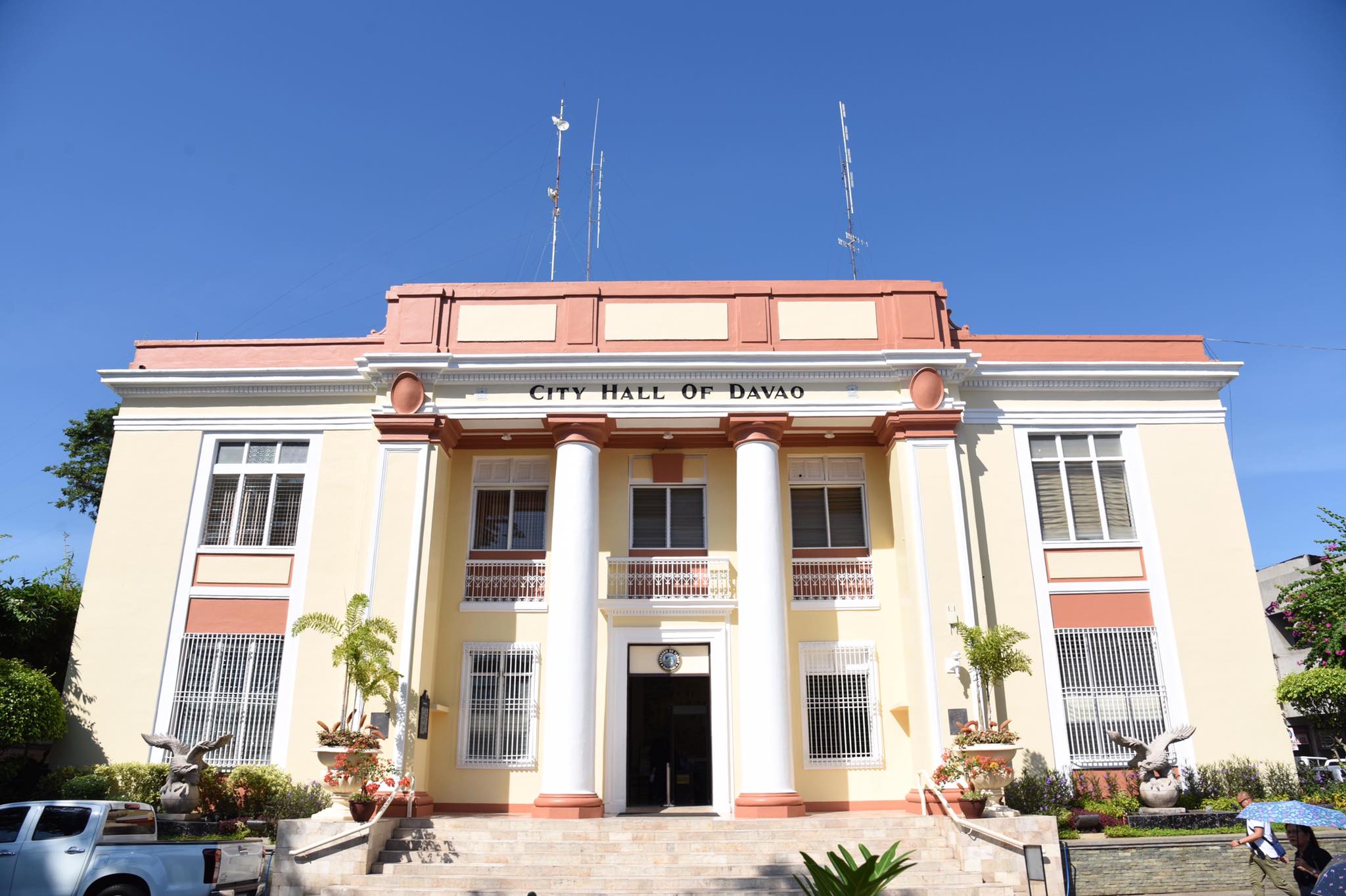The City Government of Davao is adopting the new Department of Health (DOH) guidelines on isolation and quarantine, according to Davao City COVID-19 Task Force Spokesperson Dr. Michelle Schlosser.
Dr. Schlosser, during the COVID-19 Alert program of 87.5 FM Davao City Disaster Radio (DCDR) on Wednesday, January 19, said that even if the city has no confirmed Omicron case yet, the Davao City COVID-19 Task Force is intensifying information dissemination to the public.
She urged first-generation (F1) contacts of a confirmed COVID-19 positive case to submit themselves to RT-PCR testing.
“For an F1 who is asymptomatic and fully vaccinated, five days nalang ang quarantine. Pwede na sila dili magpatest (For an F1 who is asymptomatic and fully vaccinated, the quarantine will be five days. They can also choose to not have a swab test),” the city health official said.
She, however, observed that some are not honest about their symptoms as they don’t want to get themselves tested, even if the symptoms may be mild cough, colds, or fever.
Dr. Schlosser said, “Dili sila muistorya sa amoa nga naa silay sintomas therefore kung malala ang sintomas diha pa mag istorya basin dili na namo mo matabang (They don’t tell us that they have symptoms and when the symptoms become severe and critical they tell us and we might not be able to help anymore).”
She also said that whether the symptoms are simple, health care workers still need to know so that Dabawenyos can avail of the free RT-PCR testing for F1, F2, and F3 of a confirmed COVID-19 positive case; those manifesting influenza-like symptoms; and those being contact-traced.
Meanwhile, a partially vaccinated or unvaccinated asymptomatic close contact of a confirmed COVID-19 positive case will have to undergo a 14-day quarantine because they have less protection and are vulnerable to getting infected with the coronavirus and a great chance to spread it to others. Thus, the need for them to complete the 14-day quarantine.
“Kay tungod wala silay additional protection, dako ang tyansa na makaspread sila sa ilang pamilya, kakomunidad, o katrabaho. So for you to be able to protect yourself and for you nga dili maquarantine og ingon ana kadugay, kinahanglan gyud magpabakuna. Kinahanglan protektsyunan atong sarili (Since they don’t have additional protection, there’s a chance for them to spread the virus to their family, community, and co-workers. So for you to be able to protect yourself and for you to be not quarantined longer, get yourself vaccinated. We need to protect ourselves),” Dr. Schlosser added.
For fully vaccinated A2 (senior citizens) and A3 (persons with comorbidities) but with mild symptoms, she said mandatory quarantine is seven days from the onset of symptoms while for unvaccinated or partially unvaccinated A2 and A3 with mild symptoms, a minimum of 10 days quarantine is required from the onset of symptoms, which may progress later.
But for severe and critical cases, whether vaccinated or unvaccinated, they must complete the 21-day isolation depending on the severity of their symptoms and the decision of their attending physician.
A fully vaccinated asymptomatic case is required to undergo quarantine for a minimum of seven days with the first day as the date of the swab.
Dr. Schlosser said, “Kung kamo asymptomatic, naa moy exposure to a known positive, quarantine dayon. Dili maglaag-laag sa mall, dili na mag-communicate sa friends, mag hang out, hang out basi’g naa na kay infection wala lang ka nag manifest og sintomas. Ana ka importante ang sense of responsibility sa tao nga close contact nag manifest man og symptoms o walay sintomas (If you are asymptomatic and you have exposure to a known positive, quarantine yourself immediately. Don’t go malling, or communicate with friends to hang out as you might already be carrying an infection but not manifesting any symptoms. That’s how important it is for a person to have a sense of responsibility with or without manifesting symptoms).”
She also underscored the importance of vaccination and getting booster shots amid the surge of COVID-19 cases in Davao City.
As of January 18, the city has registered a total of 2,636 active COVID-19 cases per the DOH Davao COVID-19 regional daily case bulletin. CIO

